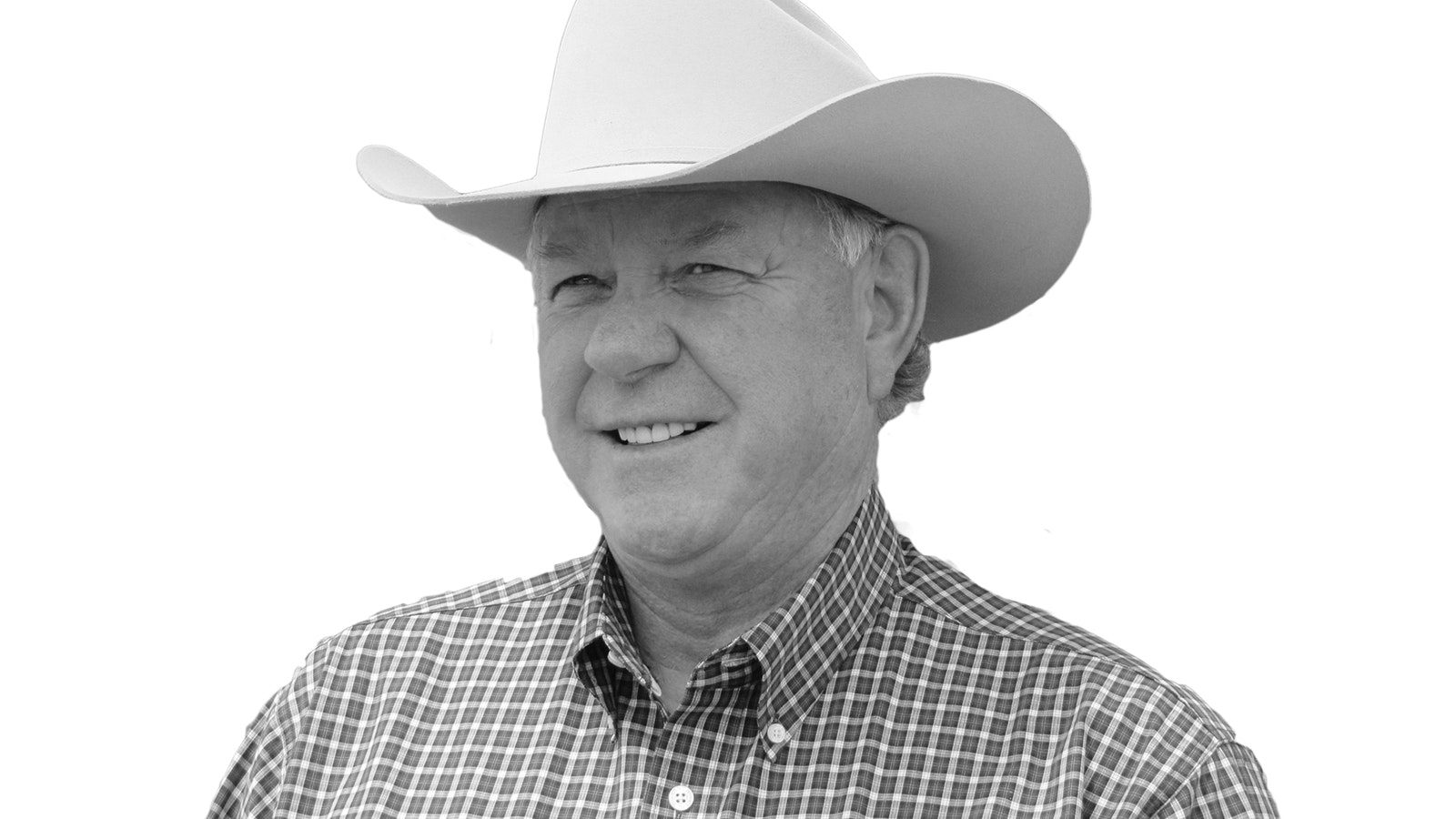Our world keeps getting smaller and smaller. As the marketing and supply of our food is becoming more global, we fail to realize the lamb, pork and beef we’re buying at the grocery store is in direct competition with products all over the world, and some of these places would surprise you.
At the recent spring conference of the U.S. Meat Export Federation (USMEF) in Kansas City, Mo., USMEF members from across the nation learned about a new program under the U.S. Department of Agriculture (USDA) to promote U.S. beef, lamb and pork in new and growing markets through the Regional Agricultural Promotion Program (RAPP).
The goal of RAPP is to help U.S. exporters expand their customer base beyond traditional and established markets, focusing on world regions such as Latin America, Southeast Asia and Africa.
Africa has tasted U.S. meat and wants more. Having traveled East Central Africa last September and seeing their small herds of really thin cattle and goats living on practically nothing, I was somewhat reluctant to eat some of their meat and would reach for a carrot instead. I could see U.S. meats finding big markets in the cities though.
Daniel Whitley, administrator of USDA’s Foreign Agricultural Service, noted RAPP has a special interest in Africa, which is projected to hold 25 percent of the world’s population by 2050.
Also by 2050, the world’s total population is expected to reach 10 billion people, which presents a massive food production challenge.
Whitley said, “There is no way the global agriculture community will be able to solve the problem of feeding 10 billion people by the year 2050 if we don’t embrace science, technology and innovation.”
“We need all of the wonderful seed techniques and all of the wonderful techniques we use to grow livestock and farm animal products. We’re not going to find new land and plant our way out of this problem, so there’s really one path forward and I think it’s to embrace science, technology and innovation,” he continued.
Since we are in a global market these days, the world’s focus needs to be on food security. We all need to realize when people are hungry, they tend to become violent. I don’t want to get to that point.
Kip Tom, former U.S. ambassador of the United Nations for Food and Agriculture, said, “The innovation that has taken place in agriculture – whether it’s on the livestock side, the grain side or food processing – is something we need to be very proud of. Our national security is dependent on our food security, and we need to embrace production technologies.”
“We often say the U.S. innovates, China replicates and the European Union regulates, but we need to make sure we keep those in check so we can continue to innovate, grow our economy and grow this industry,” Tom added.
I think we are headed down the wrong road if we make our food system political, as some other countries have in getting rid of their livestock. Red meat is an excellent source of protein, and the call to get rid of our livestock, especially cattle, is just rubbish.
Cattle and sheep can and are being used as a tool for conservation of our lands, especially our federal lands.
If someone has a problem with it, they should get over it.
Dennis Sun is the publisher of the Wyoming Livestock Roundup, a weekly agriculture newspaper available online and in print.





